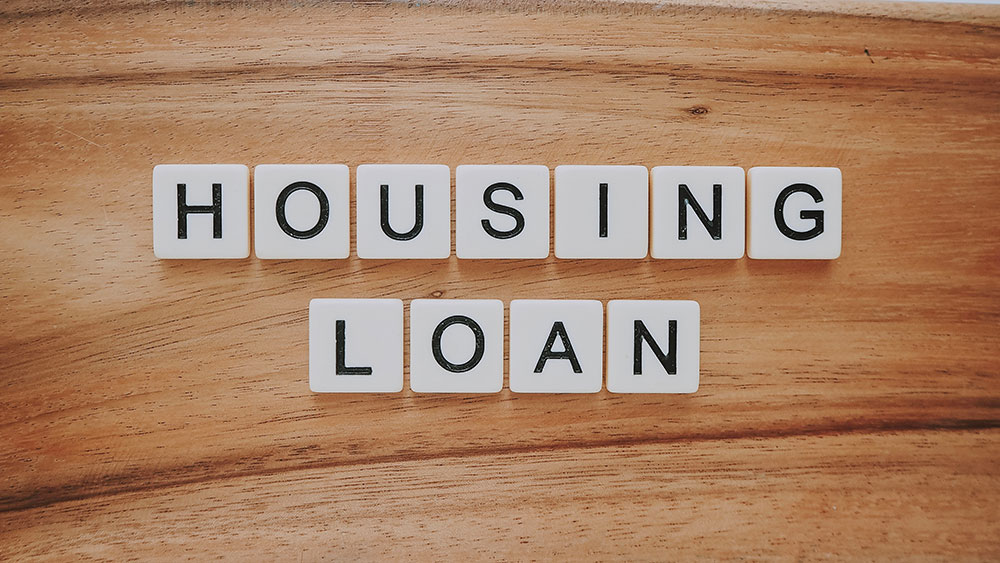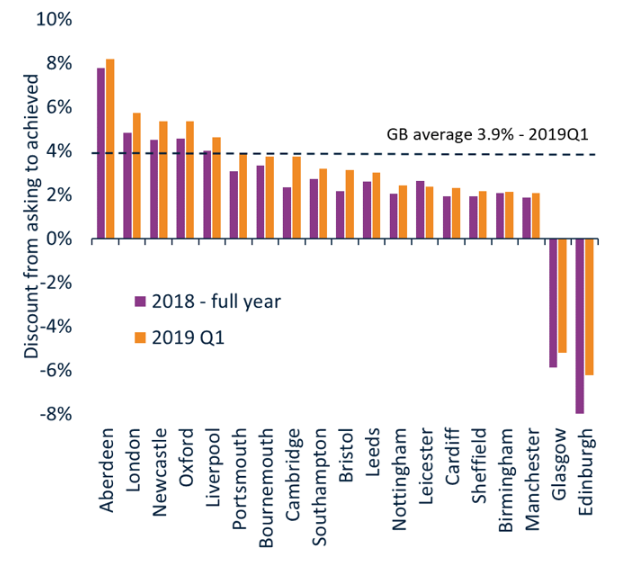A Home Loan Capital Commitment (MCFO) is a kind of mortgage pass-through unsecured basic commitment bond that has numerous classes or tranches. MCFOs utilize capital from a pool of mortgages that produce earnings to pay back financiers their principal plus interest. Payments are received from mortgages in the swimming pool and handed down to holders of the MCFO security.
MCFOs do not hold a lien on the home mortgages held by the security. They are simply obligated by contract to use the earnings from the home mortgages to pay their financiers. MCFO owners have no legal rights to the real hidden mortgages, thus MCFOs are riskier than CMOs. Like CMOs, MCFOs are a type of mortgage-backed security developed through the securitization of private domestic home mortgages that draw interest and primary payments from that specific swimming pool of home loans.

Like CMOs, MCFOs bundle home loans into groups with different payment qualities and run the risk of profiles called tranches. The tranches are paid back with mortgage principal and interest payments in a specified order, with the highest rated tranches coming with credit improvement, which is a form of defense versus prepayment danger and payment default.
The stated maturities of MCFO tranches are figured out based upon the date when the last principal from a pool of home mortgages is anticipated to be paid off. However maturity dates for these kinds of MBS do not take into account prepayments of the underlying home loan and hence may not be an accurate representation of MBS dangers.
CMOs, MCFOs and other non-agency mortgage-backed securities those home loan bonds not backed by the government-sponsored business Fannie Mae, Freddie Mac or Ginnie Mae - were at the center of the monetary crisis that caused the insolvency of Lehman Brothers in 2008 and led to trillions of dollars in losses on home mortgage loans and millions of house owners losing their homes to default.
In December 2016, the SEC and FINRA announced new guidelines to moisten MBS threat with margin requirements for CMO and associated MBS deals.
The 7-Minute Rule for Who Took Over Abn Amro Mortgages
A home loan pool is a group of home loans held in trust as collateral for the issuance of a mortgage-backed security. Some mortgage-backed securities released by Fannie Mae, Freddie Mac, and Ginnie Mae are referred to as "pools" themselves. These are the simplest form of mortgage-backed security. They are also called "pass-throughs" and trade in the to-be-announced (TBA) forward market.
Home mortgage pools, which are groups of home mortgages, tend to have comparable qualities, such as issuance date, maturity date, and so on. While mortgage-backed securities are backed by mortgage collateral with similar characteristics, collateralized financial obligation obligations are backed by collateral with differing attributes. An essential advantage of home mortgage pools is that they offer investors with diversification.
Home loan swimming pools are comprised of home mortgages that tend to have comparable characteristicsfor instance, they will usually have near to the same maturity date and rates of interest. When a lender completes a home mortgage deal, it normally sells the home mortgage to another entity, such as Fannie Mae or Freddie Mac. Those entities then package the home loans together into a mortgage swimming pool and the home mortgage swimming pool then acts as security for a mortgage-backed security.
A CDO is a structured monetary product that pools together money flow-generating assets and repackages this possession swimming pool into discrete tranches that can be offered to financiers. A collateralized debt obligation is called for the pooled assetssuch as mortgages, bonds and loansthat are essentially financial obligation obligations that serve as security for the CDO.
Home mortgage pool funds benefit investors looking for property exposure since they are a low-risk investment that moves independently of a stock and bonds and use a foreseeable regular monthly income. Mortgage pool fund loans are protected by property and are referred to as difficult cash since unlike the majority of bank loans (which depend on the creditworthiness of the customer), hard money loans consider the worth of the underlying property.
Due to the fact that of their shorter terms, hard cash loans are less vulnerable to being impacted by interest rate swings, which indicates it is a more foreseeable and reliable capital. Like discussed above, home loan pool funds vary, where some concentrate on particular residential or commercial property types, while some are more basic. These distinction can impact risk and return, so it is essential to investigate the different home loan swimming pools before diving in.
Getting My Who Is Specialty Services For Home Mortgages ? To Work
There's nothing better than stepping out your back entrance on a hot summertime day and leaping in your own swimming pool. However be cautious what happens if you stop paying on your timeshare when wanting to purchase or re-finance a home with a pool. That swimming pool can cause hold-ups in the home loan procedure, or drown your loan application completely.
Stubrud dealt with a customer who wanted a reverse home loan, but had an empty, aging swimming pool on the property. Reverse mortgages follow FHA guidelines, which are specific about pool. "They do not want it to be a health hazard or a safety hazard that there's a big gaping hole in the ground." So what did the client do? "How they handled it was that they filled it in," says Stubrud.
The swimming pool stopped to exist. There were no other alternatives for this aging property owner who didn't have the cash to get the pool in working order. However Stubrud says the client did bring up an alternative concept. "They actually wished to keep it and they were going have this subterranean greenhouse.
Lots of house owners believe that what's on your home is your organization. While that's partly real, you invite scrutiny to almost every inch of a home when you decide to finance it with the lender's money. It's true for FHA loans as well as any other loan type. It boils down to safety.

A swimming pool that is a falling danger or is a breeding ground for bacteria is a threat to the health of the residents. Not to discuss it opens the house owner as much as suits (who has the lowest apr for mortgages). The very same standards would apply to things like a missing out on stairs outside the back entrance, missing out on handrails, or exposed lead-based paint.
Fixing the swimming pool Homepage to get it into working order will enable the loan procedure to continue. When purchasing a home, this could be a challenging scenario. It's risky to utilize your own funds to make repairs on a home that's not yours yet especially pool repair work which can range from a couple of hundred to a few thousand dollars - how does bank know you have mutiple fha mortgages.
The Ultimate Guide To What Does Hud Have To With Reverse Mortgages?
There might be another method to make repair work, however. "The debtor will need to get a quote for the required repair work," states Sarah Bohan, VP of Corporate Relations at MSU Federal Cooperative Credit Union. "If the repairs are arranged to take place after the closing, the lender will usually request to hold 1.
You receive back any cash left over after whatever's done. But don't depend on this option, says Bohan. "Many lending institutions are not able to permit repair work after the home mortgage closes due to the fact that they offer their loans on the secondary market and require to provide the loan within a set timeframe." Ensure your lender enables for repair work after closing prior to you concur to buy a house with a decrepit swimming pool.